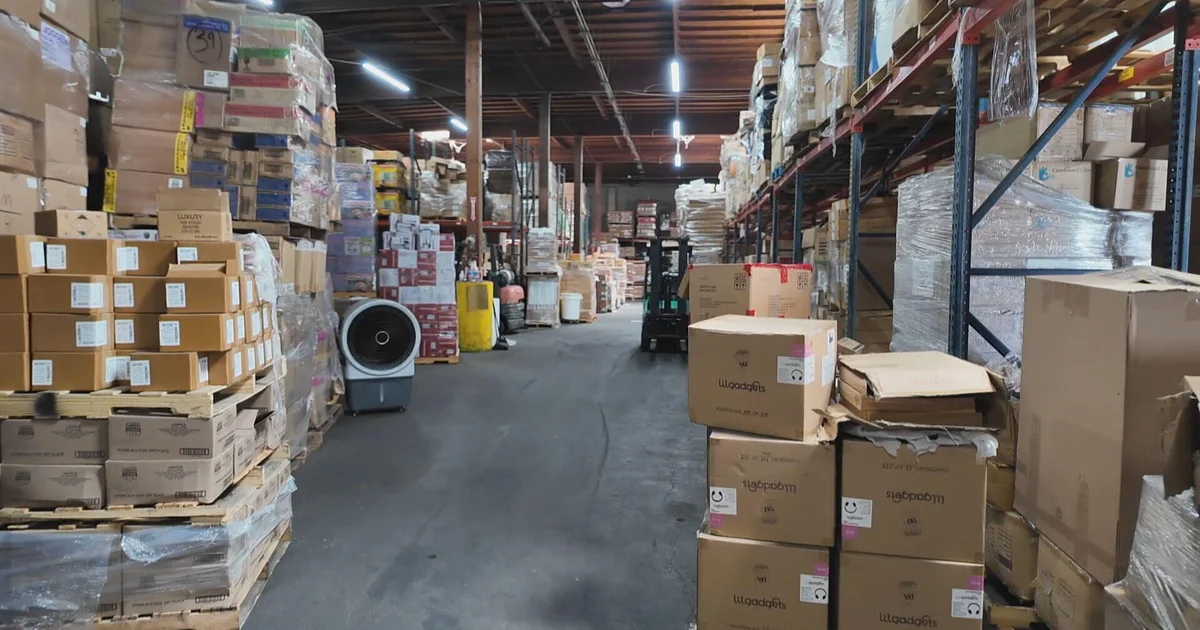Copyright cbsnews

Los Angeles — On Tuesday, the San Bernardino County Sheriff's Department in Southern California announced the arrests of a dozen people accused of stealing millions of dollars in goods through a cargo theft ring that used legitimate trucking companies as cover.But the goods they stole represent just a drop in the bucket of a nationwide problem: cargo thefts account for up to $35 billion in losses in the U.S. every year, according to the National Insurance Crime Bureau, with many heists happening while shipments are in transit through sophisticated online schemes."People obviously are driving the freeways and they see commercial trailers up and down the freeway all day long, but no one really knows if that is a stolen load that they're driving next to, and or if it's just going from point A to point B," said Lt. Dave Navarro with California Highway Patrol.It can be tough to spot, Navarro said, because many cargo heists start out looking like legitimate transactions. First, thieves steal a business's identity, then they trick shippers into handing over entire container loads.That's how Utah-based Ari Bikes lost a truckload of almost 350 new bicycles.Tyler Cloward, Ari Bikes' director of product development, says the company that signed up to deliver the load turned out to be thieves impersonating a legitimate trucking company's email. "It looked completely real, everything checked out," he said.Last November, Santo Tequila, a company owned by celebrity chef Guy Fieri, lost 24,000 bottles of tequila worth over $1 million in a similar scheme, "60 Minutes" reported. Criminals created fake online profiles of trucking companies, bid on jobs they suspected might be valuable and hired unsuspecting drivers online to pick up the shipment.But instead of sending the drivers to the Santo warehouse in Pennsylvania, the criminals remotely redirected them to take the shipment west — all the way to Los Angeles. About 11,000 bottles were eventually recovered by police, but the rest were never found. As for Ari Bikes, after the company put out a call for help online, the biking community came through. A local shop sent a video of a man bringing one of the stolen bikes in looking for parts. Cloward got most of the bikes back, but he's still finding listings for the remaining ones at deep discounts online. Navarro says if a deal looks too good to be true, it just might be, and customers can protect themselves by doing a little research on a seller before purchasing high value items online."Call the phone number, see if the phone number works, go to the website, see if the website works," said Navarro. "Do some checks and balances before you throw your money out there."



